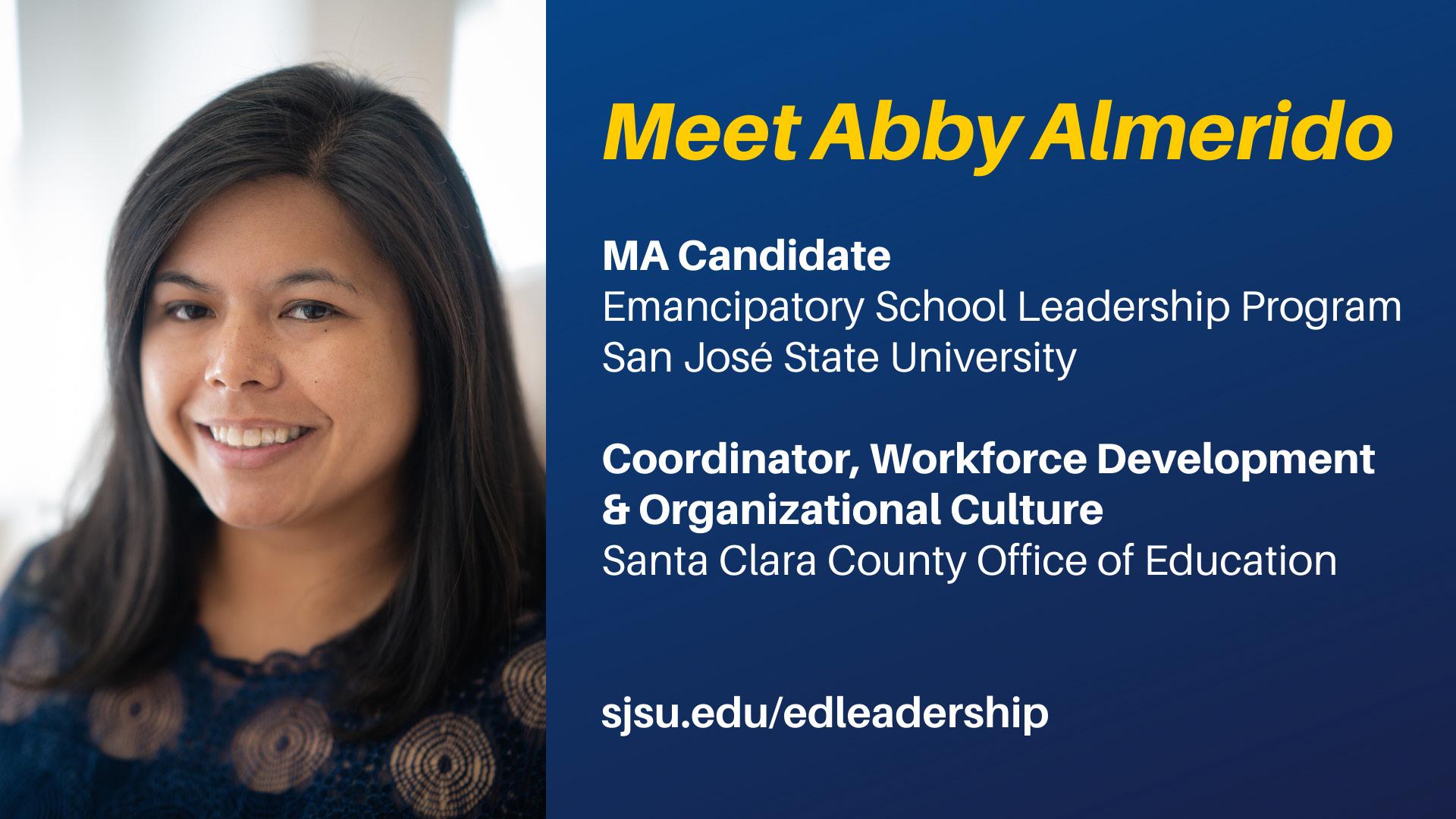
3 minute read
Launching Our Institute for Emancipatory Education
Launching our INSTITUTE for
There is an urgent need to radically transform our educational systems.
Too many of our P20 students are marginalized and/or multiplymarginalized based on race, class, national origin, language, gender identity, sexual orientation, disability, and neurodiversity. For decades, we have been tinkering around the edges, providing patchwork programs and band-aid solutions but our core educational systems continue to perpetuate inequity and injustice. An emancipatory approach will challenge our epistemic framework, prioritize learning in partnership with community, and radically reimagine systems to center historically marginalized perspectives.
Our newly-established Institute for Emancipatory Education (IEE), led by Faculty Executive Director Rebeca Burciaga, will facilitate community-engaged research and advance emancipatory pedagogies that support the redesign of learning from preschool through post-secondary. As a result, our IEE will support the 13
development of equitable and inclusive educational systems that nurture the creativity and brilliance of all learners so that our diverse, democratic society can truly thrive.
“Our return to schools in the context of a global pandemic, challenges to our democracy, a national racial reckoning, and growing inequalities requires a fundamental shift in the way we think about education. We can’t afford to do business as usual,” said Burciaga.
Guided by principles such as centering historically marginalized learners, partnering with community, and bridging boundaries P20, and by building upon the success of initiatives from previous years, such as our Future of Learning Summit and Faces of Learning Project, our IEE is focused on coordinating community-engaged research, cultivating emancipatory pedagogies, and creating opporunities for the dissemination of knowledge.
SJSU President Mary Papazian echoed the importance of these priorities on her SJSU President’s Blog. “Our incoming students need to feel ownership in their own learning. Oftentimes, traditional practices and requirements stifle this need,” said Papazian. “Emancipatory education may very well be part of the solution, and our Lurie College of Education is leading the charge.”
Recent IEE Initiatives
• Emancipatory Education Now • Broadband Access Study • Emancipatory Education Speaker Series • SJSU x REP4 Learner Design Summit
Learn about these initiatives on the following page and learn more about our IEE at sjsu.edu/education/community/iee.
EMANCIPATORY EDUCATION
Emancipatory Education Now is a student-led initiative that examines what emancipatory education looks like in today’s society and advocates for the expansion of emancipatory education research, policies, and practices. Students from across Lurie College met regularly to engage in livestreamed dialogues around topics such as standardized testing, Ethnic Studies, and California Proposition 16, and then proposed calls to action for viewers. Watch the recordings of the dialogues at sjsu.edu/education/emancipatory-education-now.
“My final call to action is living Black Lives Matter-ing. As we’ve seen time and time again, that continues to be something that seems to be negotiable in this country.” - Leslye Tinson, Ed.D. Leadership Program student
Our Broadband Access Study was a collaboration between Lurie College faculty Luiz Poza, Eduardo Muñoz-Muñoz, and Tammie Visintainer; SJSU faculty Ahoura Zandiatashbar; California Assemblymember Robert Rivas; and the Watsonville High School ECHO Leadership Academy to engage in a research study to investigate the lack of broadband access in the coastal town of Watsonville. The results of the study have been utilized to support California Assembly Bill 14, the “Internet for all Act of 2021.” Read the full story on the SJSU Newsroom blog.
“The fact that this region has had issues with Internet access has less to do with the Internet itself, but rather the populations affected.” - Dr. Eduardo Muñoz-Muñoz, Assistant Professor of Teacher Education
Our Emancipatory Education Speaker Series featured nationally recognized speakers and emerging voices who shared their visions for post-COVID education. Watch the recordings of “Reversing the practices of providing the least educational support to those who need it most” with Sec. John King, “Emancipatory Education: Healing the Damages of a Sick World” with Dr. E.J.R. David, and many more at sjsu.edu/education/community/iee/speaker-series.
“I’m convined that there are so many opportunities all around us for thinking about how people are redefining freedom and how people are redefining what political belonging means.” - Dr. Jonathan Rosa, Associate Professor at the Stanford Graduate School of Education
Our Learner Design Summit, in partnership with the Rapid Education Prototyping (REP4) Alliance, convened high school, community college, and university students to collaborate and design creative proposals to address existing challenges in the higher education system. Watch their proposals at sjsu.edu/education/community/iee/rep4.
“I really, really enjoyed this experience of meeting and connecting with great people. Everybody shared what problems they had faced, and that really opened up my mind to see what we can do and what we need to change.” - JC Jacinto, SJSU x REP4 Learner Design Summit participant







